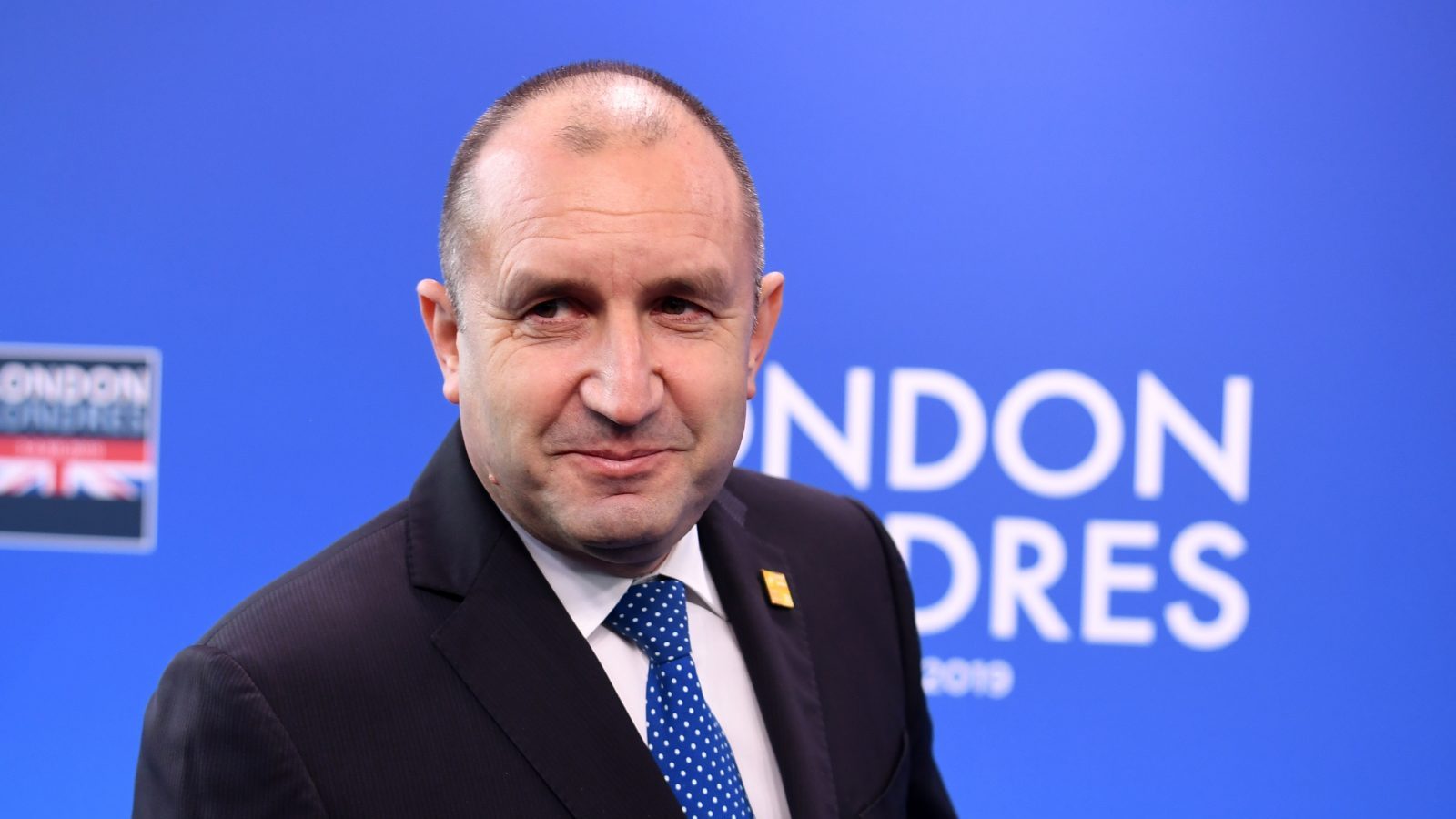The ruling majority in the Bulgarian parliament has decisively stripped the president of his authority over the State Agency for National Security (SANS), using rapid procedural maneuvers to pass amendments to the SANS law in two consecutive readings. Under the new rules, the government can now push forward Denyo Denev as the head of the agency, effectively bypassing the need for presidential approval.
Beyond SANS, the parliament will now also determine the heads of the State Intelligence Agency (SIA) and the State Technical Operations Agency (STOA), which oversees wiretapping, eliminating the president’s previous influence over these key appointments. President Rumen Radev condemned the move, warning that the services would be subordinated to political objectives, potentially used for election manipulation, concealing corruption, and creating compromising materials against opponents.
The changes allow the government and ruling majority to cement control over Bulgaria’s security apparatus. Denyo Denev, proposed by Prime Minister Rosen Zhelyazkov’s cabinet, was previously blocked by Radev from officially assuming the SANS chairmanship. The amendments, passed with votes from GERB, BSP, TISP, and DPS-New Beginning, now clear the path for his appointment. All other opposition parties either voted against or abstained.
The legal modifications also impact current leadership in SIA and STOA. The current heads, Anton Gechev and Biser Borissov, were appointed during Radev’s term, with mandates expiring in 2026 and 2027 respectively. This transition marks a shift, consolidating service leadership under parliament and the government.
Borissov defended the amendments, framing them as necessary due to the “risk of war,” claiming that the refusal of President Radev to appoint Denev had left the agencies incapacitated. Delyan Peevski of DPS-New Beginning supported the legislative changes, criticizing the president for allegedly overstepping and politicizing the presidency. The BSP, Radev’s own nominating party, justified the vote as a parliamentary intervention to resolve deadlocks that could affect national security.
The ruling majority relied on procedural maneuvers to fast-track the legislation. The bills were scheduled for two consecutive readings, catching opposition parties off guard and limiting their ability to respond. The Speaker, Natalia Kiselova, assigned the bills to the Committee on Internal Policy rather than the Committee overseeing security services, effectively sidestepping committee scrutiny where the opposition held parity. Attempts to challenge this procedural shortcut were dismissed during parliamentary debate.
President Radev now faces the decision of whether to veto the legislative changes, while opposition parties could attempt to challenge the amendments in the Constitutional Court, requiring 48 deputies’ signatures to proceed.
Opposition voices assert that the urgency reflects the government’s desire to install a loyal figure at the helm of the State Agency for National Security. Denyo Denev, previously deputy chairman under the rotational government of Nikolai Denkov, is said to be closely linked to Peevski. Denev has demonstrated loyalty to the current government, particularly during the 2023 local elections, when he played a key role in a controversy surrounding the cancellation of machine voting, submitting reports implicating government officials that prompted parliamentary intervention and administrative court rulings.
Denev’s career spans more than a decade in Bulgaria’s security apparatus, including leadership roles in the Anti-Corruption Directorate and the Anti-Corruption Commission. He was involved in the acceptance of corruption complaints against prominent local officials, with allegations that he exerted pressure on other parties involved in the cases to secure confessions. His track record has made him a figure both trusted by the ruling coalition and controversial among the opposition.
The parliamentary maneuvers mark a historic shift in Bulgaria’s security landscape, transferring significant control over national intelligence and law enforcement from the presidency to the ruling majority, with the potential for substantial political implications in the months ahead.

